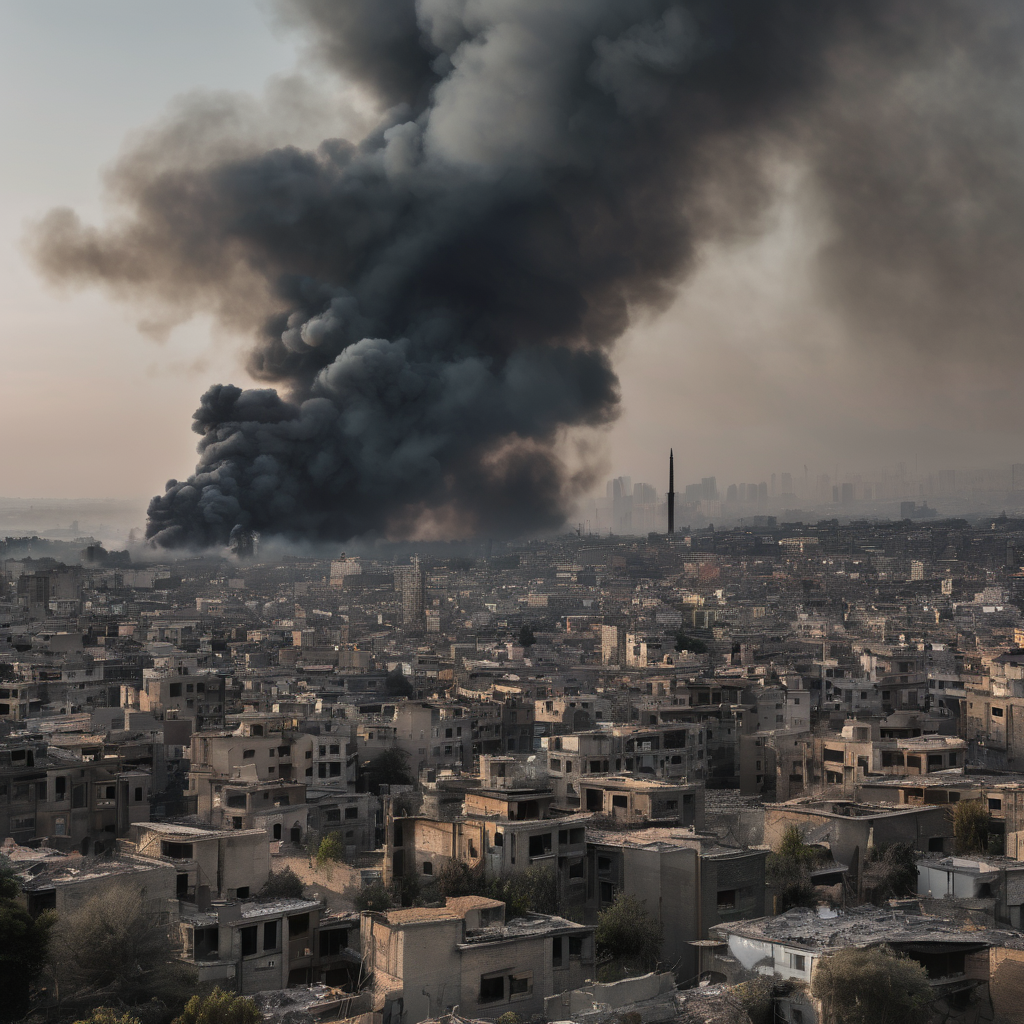Israeli Prime Minister Benjamin Netanyahu announced on Tuesday that he has instructed the military to initiate “powerful attacks” in Gaza, following accusations that the militant group Hamas has violated a ceasefire agreement in the Palestinian territory. While Netanyahu’s office did not elaborate on the planned military actions, an Israeli military official stated that Hamas breached the ceasefire by attacking Israeli forces in a region under Israeli control.
Netanyahu accused Hamas of further violating the ceasefire by returning incorrect remains during the ongoing efforts to recover the bodies of hostages. In response to this claim, Hamas indicated that it intended to return the body of a missing hostage discovered in a Gaza tunnel, but its armed wing, Al-Qassam Brigades, later announced a postponement of the handover, attributing the delay to Israel’s alleged ceasefire violations.
Reports from Israeli media have detailed skirmishes between Israeli forces and Hamas fighters in Rafah, a city located in southern Gaza. An Israeli military spokesperson did not provide comments regarding these exchanges. Hamas, while insisting it is adhering to ceasefire terms, accused Netanyahu of seeking pretexts to distance Israel from fulfilling its obligations in the agreement.
Currently, a U.S.-backed ceasefire is in effect between Israel and Hamas, although each party has leveled accusations of noncompliance against the other. Under the terms of the ceasefire, Hamas had released all living hostages in exchange for nearly 2,000 Palestinian detainees and convicts, while Israeli forces withdrew and paused offensive operations. Although Hamas has also consented to return the remains of deceased hostages, it maintains that locating and retrieving the bodies amidst the humanitarian devastation in Gaza will require time, a claim Israel disputes.
This latest escalation in hostilities continues a pattern of tension between Israeli officials and Hamas, rooted in the broader context of military and humanitarian issues faced in the region. Previous reports have raised alarms about rising casualties and the urgent need for humanitarian aid due to the ongoing conflict, highlighting the dire conditions for Gazans and the necessity for renewed international diplomatic initiatives. Although the military situation remains unstable, there is a collective hope that sustained international mediation could facilitate a peaceful resolution and promote humanitarian access to those in need amidst the crisis. The resilience displayed by local communities in the face of adversity remains a poignant reminder of the urgent need for peace and comprehensive support in the region.
